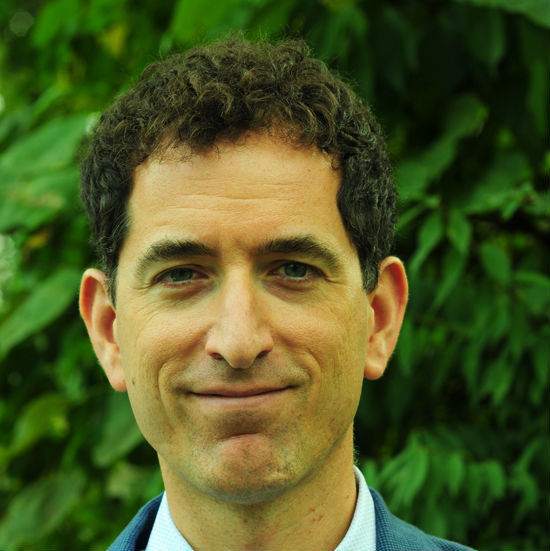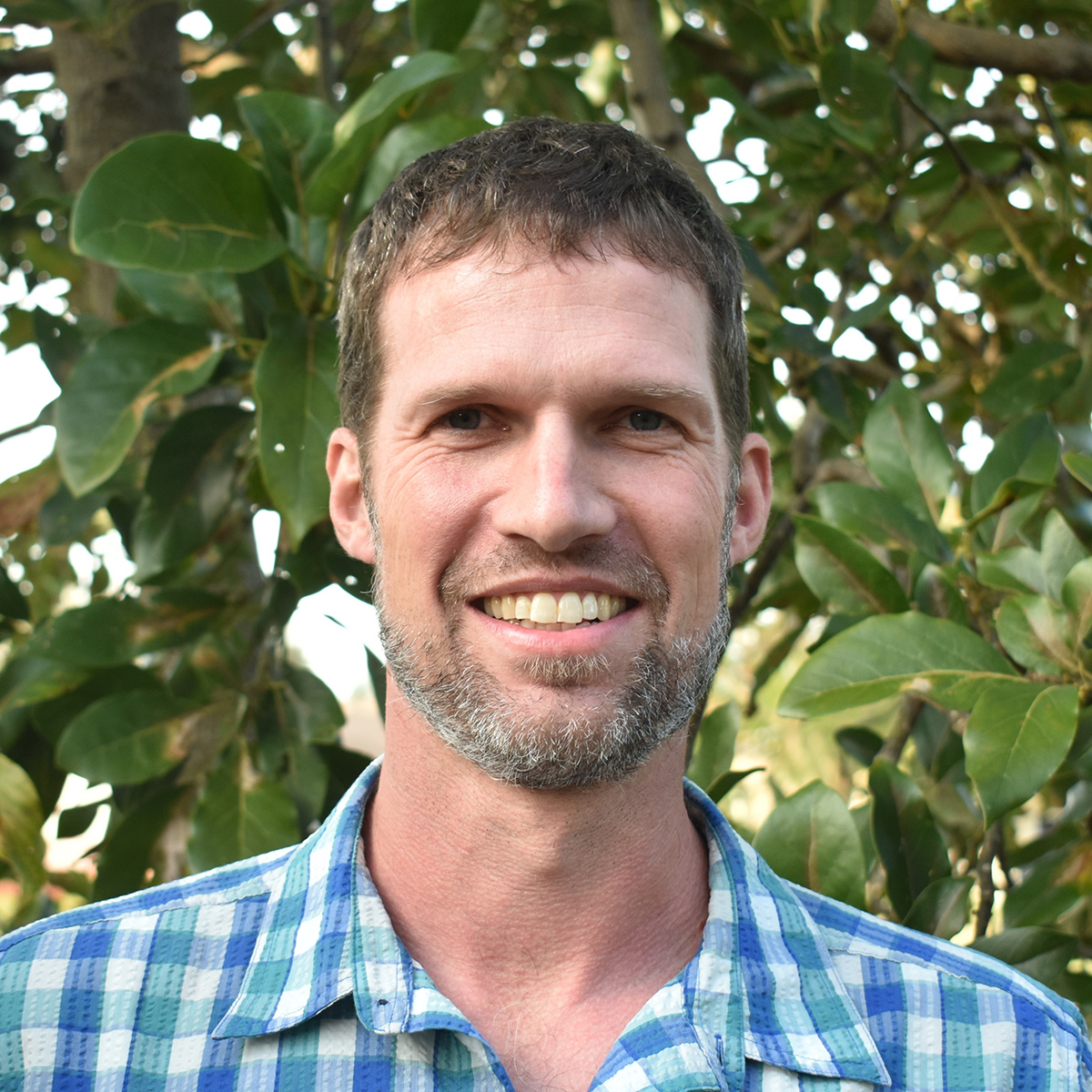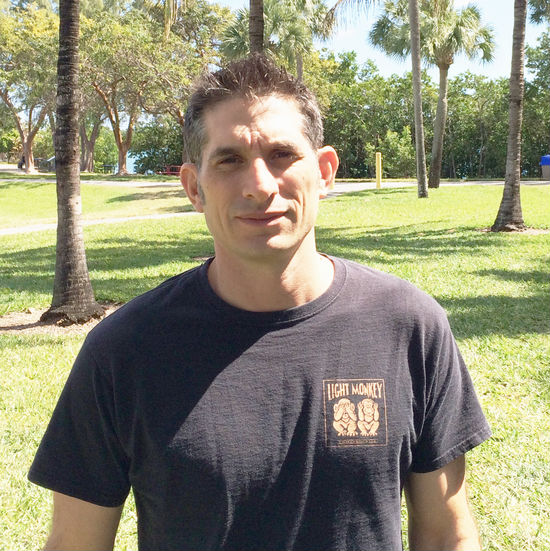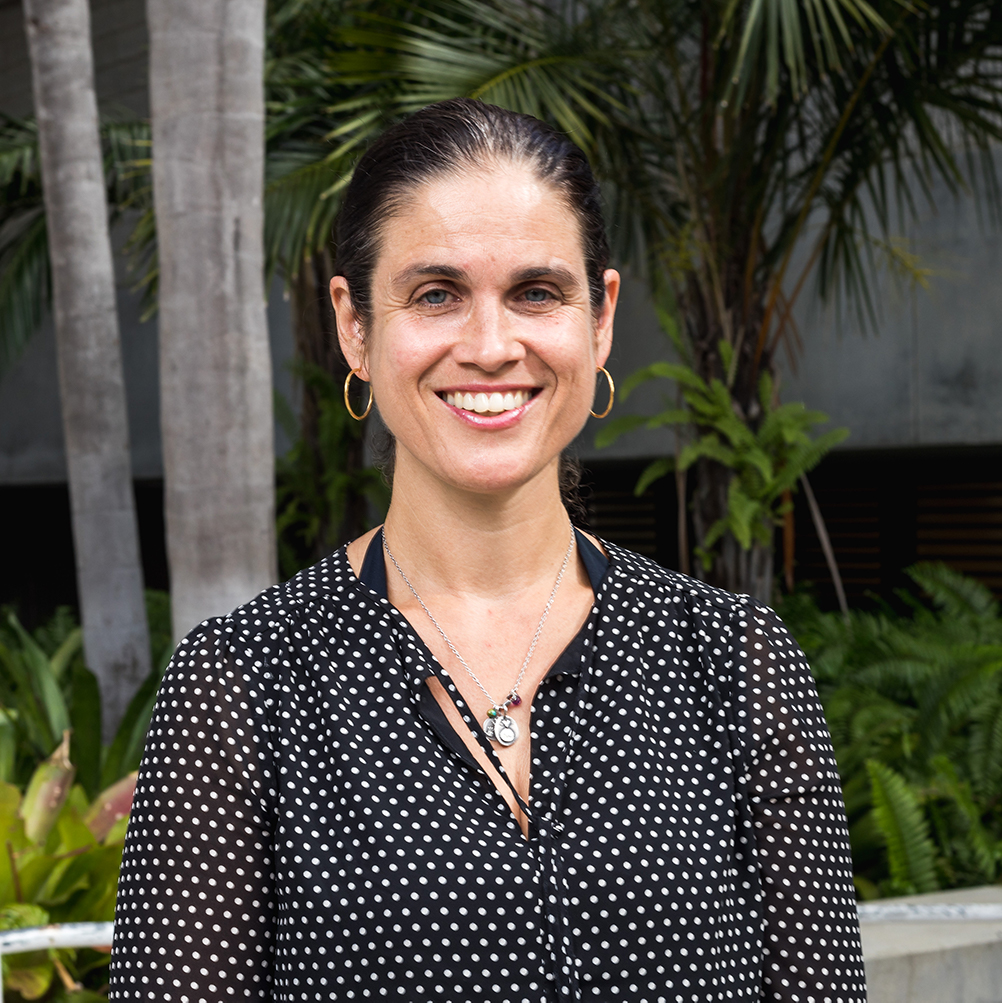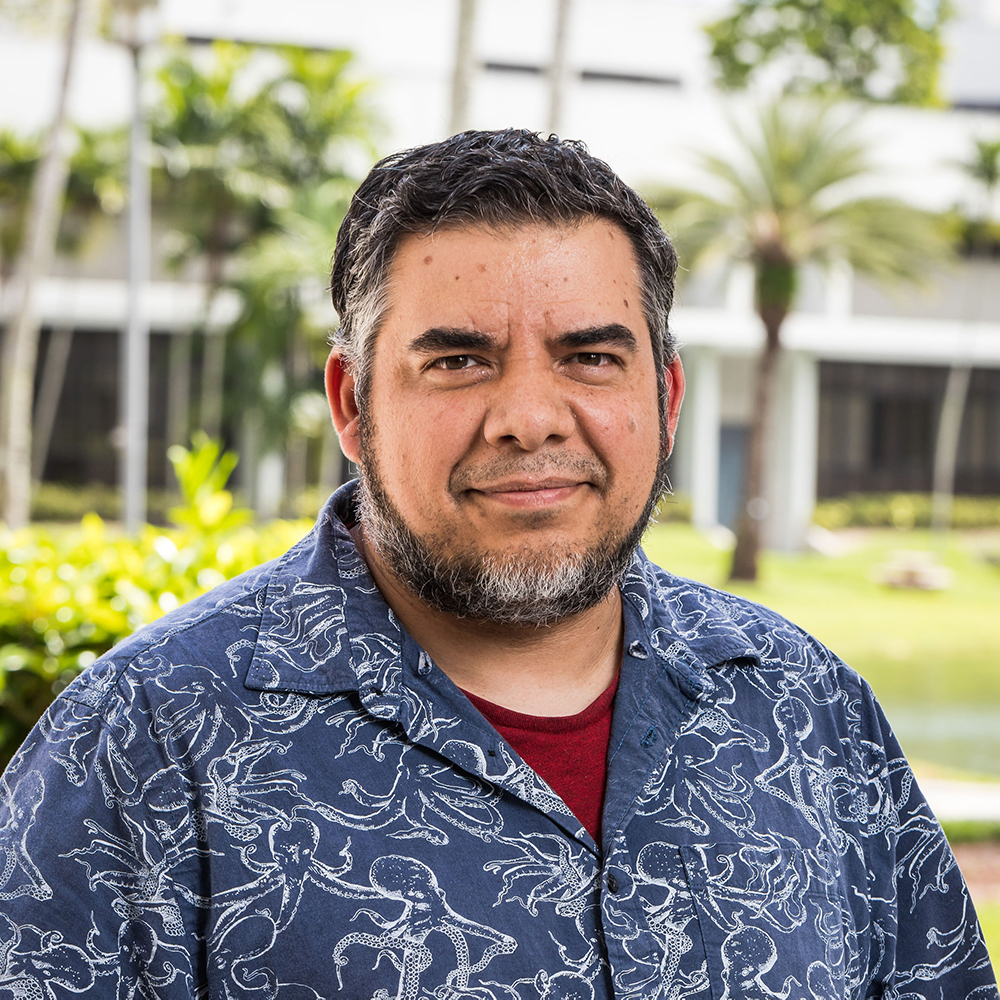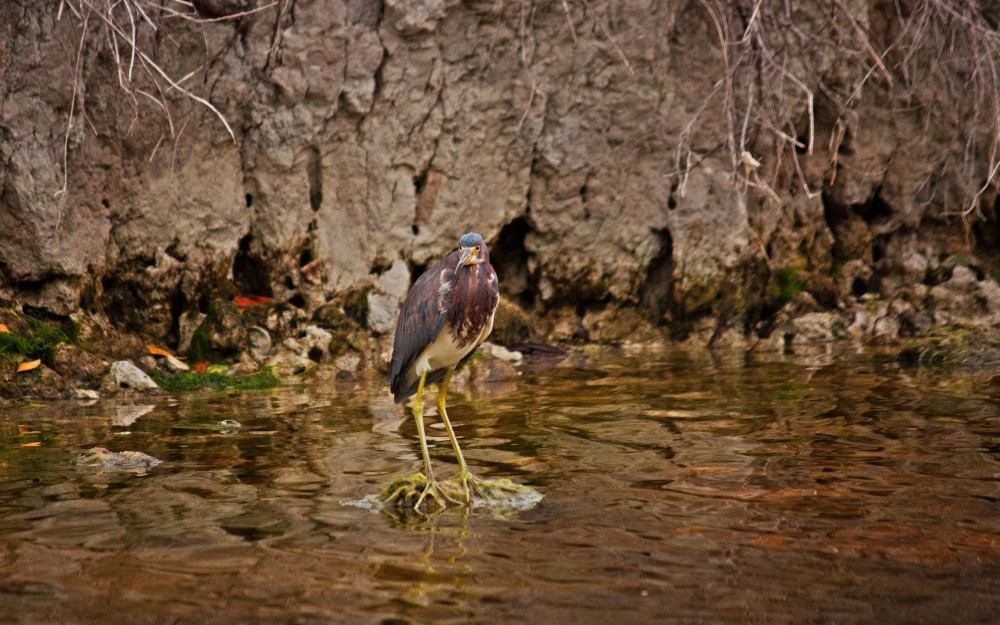
The Earth is entering an Anthropocene, characterized in part by the sixth mass extinction event in which we are losing biodiversity at an unprecedented rate.
In some systems the pace of extinctions is accelerating more rapidly than is our ability to even discover and understand species still unknown to science – and their potential contributions to public health, food security and mitigation of global changes.
The Institute is one of the largest global groups of biodiversity scientists working across ecosystems from ridge to reef. We are describing and monitoring species and communities of plants, microbes, amphibians, reptiles, fish and marine mammals around the globe - from the Caribbean across the Amazon to Southeast Asia and the Pacific. In so doing, we are improving our understanding of current biodiversity and its contributions to ecosystem services.
We are providing the foundation for conservation and management of threatened species and habitats across the world.
Featured Projects
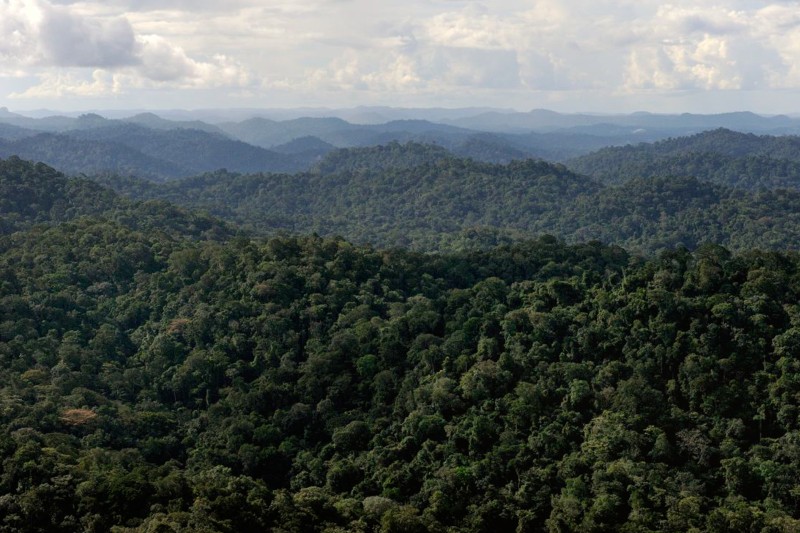
Biodiversity in Amazonia is impressive. Our scientists, through the "Dissecting Amazonian Diversity by Enhancing a Multiple-taxa Approach" (DIADEMA) project, are working on collating a comprehensive evaluation of tropical biodiversity in French Guiana across geographic and environmental gradients.
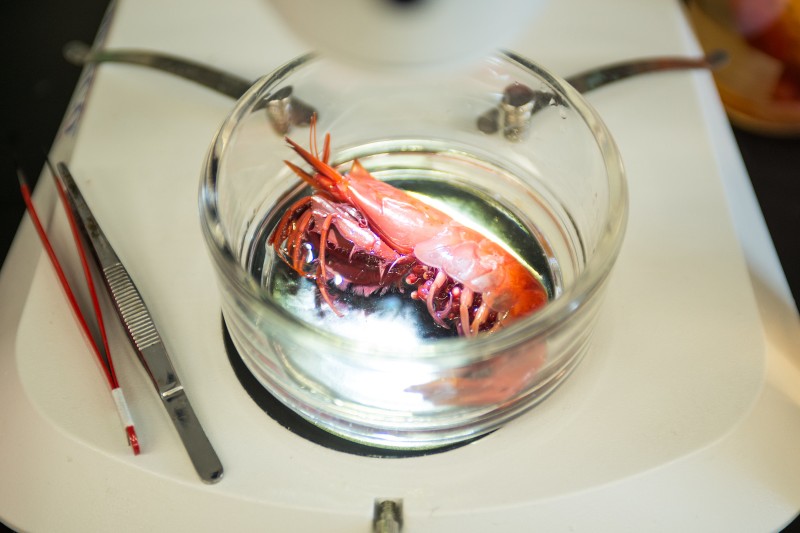
Bioluminescence and Light Detection in the Deep Sea
Our scientists explore why certain deep sea creatures glow. Almost 80% of organisms living in the ocean's "twilight zone" bioluminesce. We study the workings behind why this trait is so essential to these deep sea creatures' very survival.
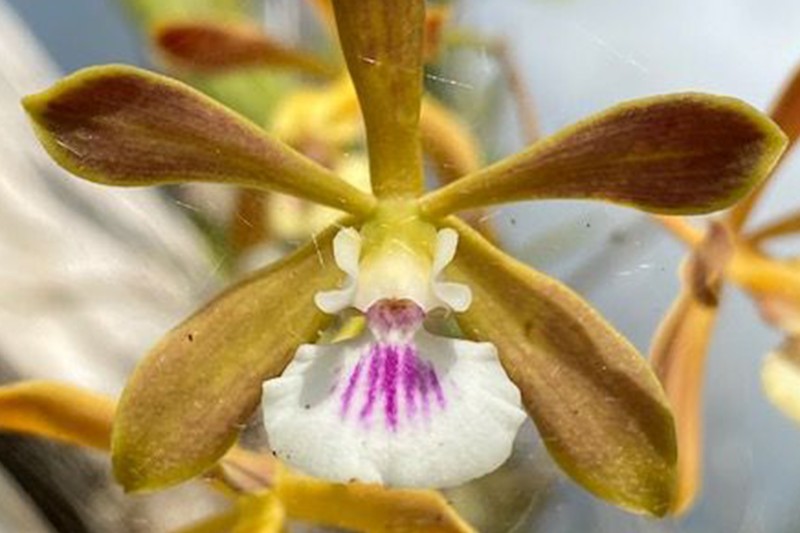
Orchid Conservation in the Everglades
The Everglades is known for its sweeping sawgrass and elusive wildlife. But the national park is also home to rare and endangered orchids. Our scientists are studying the impact that extreme storms, like Hurricane Irma, have on the threatened plants.
Related Programs & Centers
Our ongoing educational, research and community initiatives are organized within thematic programs and centers which bring together experts from across the Institute of Environment.
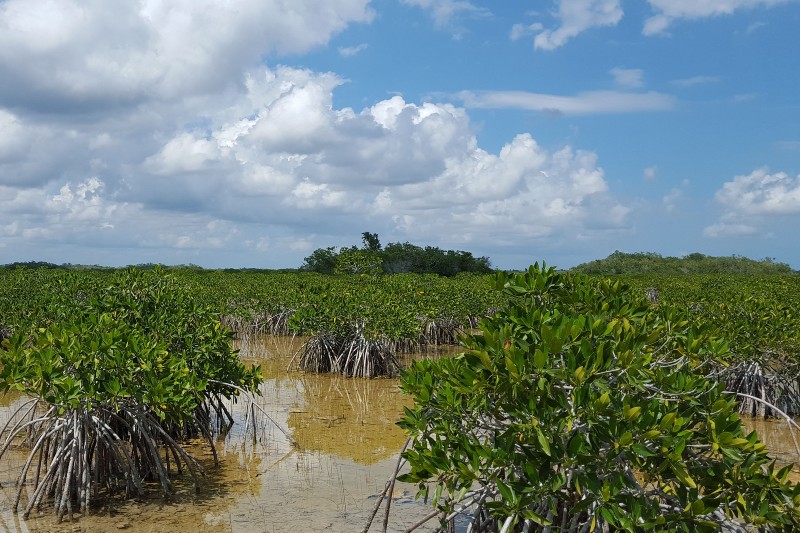
Florida Coastal Everglades LTER
Our Florida Coastal Everglades Long Term Ecological Research Program is committed to the preservation and protection of America's Everglades. The survival of the iconic national park relies on the diverse array of plants and animals that live there. Our scientists are ensuring that these species survive and thrive.

International Center for Tropical Botany at The Kampong
Our International Center for Tropical Botany at the Kampong focuses on training the next generation of biodiversity scientists. Through research and education, we are saving plants and saving lives. Our researchers study terrestrial ecosystems in order to preserve them for future generations.
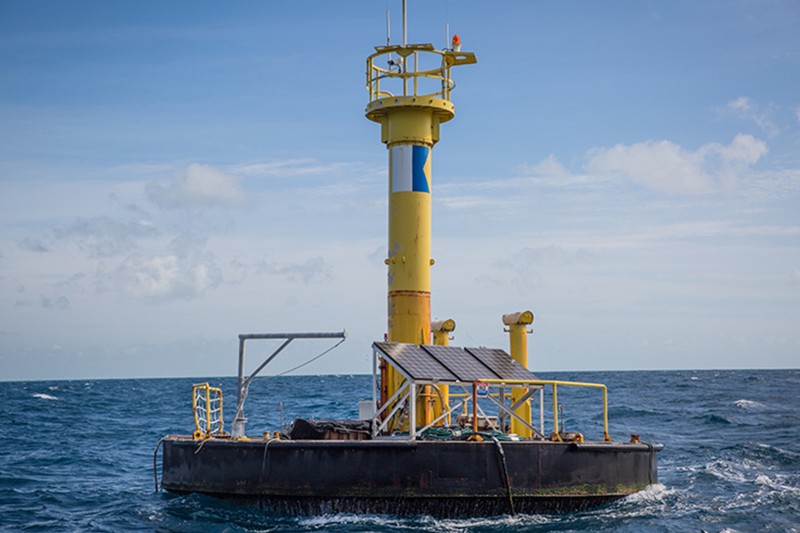
Our Medina Aquarius Program is dedicated to the study and preservation of marine ecosystems with the world's only undersea research laboratory, Aquarius Reef Base. Our scientists are dedicated to protecting our marine life and the biodiversity of our oceans.
Research Groups
Faculty-led research groups sustain our discoveries and impacts.
- Baraloto Lab for Tropical Plant Diversity
- Boswell Lab for Marine Ecology & Acoustics
- Bracken-Grissom Lab for Crustacean Genomics and Systematics
- Catenazzi Lab for Conservation Biology and Herpetology
- Chapman-Papastamatiou Lab for Predator Ecology and Conservation
- Eirin-Lopez Lab for Environmental Epigenetics
- Heithaus Lab for Marine Community and Behavioral Ecology
- Liu Lab for Plant Conservation
- Rockwell Plants and People Lab
- Valverde Lab for Tropical Root Ecosystem and Ecology
Facilities & Services
These units represent technology and expertise that supports our research and may also be available for community use.
Agroecology Facilities
Including an organic garden and equipment for experiments and teaching
Aquarius Reef Base
The world's only undersea research laboratory, equipped for dive training and ecosystem research
International Center for Tropical Botany at The Kampong
Research center focused on tree canopy, invasive species, botanic medicines and climate change
Experts
Christopher Baraloto
Professor; Associate Director, Institute of Environment
305-348-4027, 305-442-7169x101
cbaralot@fiu.edu
OE 243, VH 137Kevin M. Boswell
Professor; Director, Marine Biology Program
305-919-4009
kmboswel@fiu.edu
MSB 359Heather Bracken-Grissom
Professor; Assistant Director, Institute of Environment
305-919-4190; Lab 305-919-5838
hbracken@fiu.edu
MSB 361Alessandro M. Catenazzi
Associate Professor
305-348-3111
acatenaz@fiu.edu
OE 167, OE 229, OE 260Demian Chapman
Adjunct Professor
305-348-2201
dchapman@fiu.edu
MSB 317, MSB 250BTodd Crowl
Professor; Director, Institute of Environment; Director/PI, CREST CAChE
305-348-3095
tcrowl@fiu.edu
OE 148A, ACII 220ANathan Dorn
Associate Professor
305-919-4234
ndorn@fiu.edu
MSB 351Jose M. Eirin-Lopez
Professor
305-919-4000; Lab: 305-919-5631
jeirinlo@fiu.edu
MSB 360Elliot Gardner
Postdoctoral Associate
305-348-3095
egardner@fiu.edu
OE 148Michael Heithaus
Executive Dean of the College of Arts, Sciences & Education; Professor
305-348-2864, 305-348-7970
CASEdean@fiu.edu
CASE 453, AC1 316Hong Liu
Professor
305-348-6799
hliu@fiu.edu
AHC5 387Melissa McCartney
Assistant Professor
305-348-2201
mmccartn@fiu.edu
OE 270Javier Francisco Ortega
Professor
305-348-2080
ortegaj@fiu.edu
OE 242Yannis Papastamatiou
Associate Professor
305-919-4017
ypapasta@fiu.edu
MSB 355Cara A Rockwell
Assistant Professor
305-348-1930
crockwel@fiu.edu
AHC5 361Diego Salazar Amoretti
Assistant Professor
305-348-7316, 305-348-2201
dsalazar@fiu.edu
OE 310, OE 310A, OE 313, OE 244Oscar J. Valverde-Barrantes
Assistant Professor
305-348-2201
ovalverd@fiu.edu
OE 167



